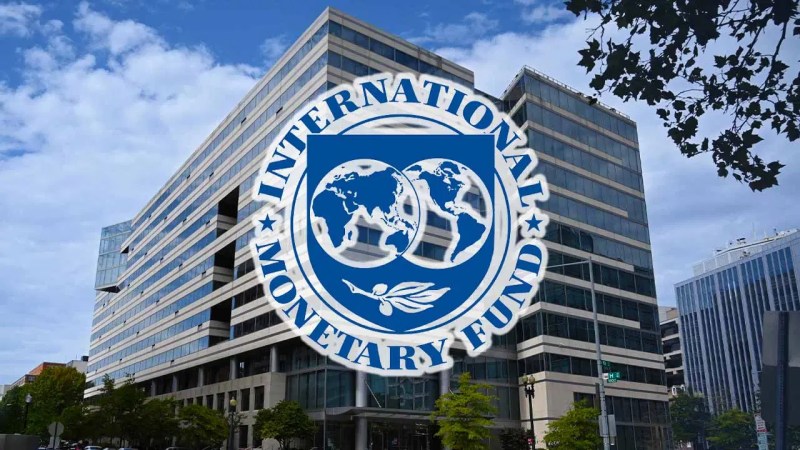Nearly Half of Nigerian Manufacturers Unable to Secure Forex from Official Market — MAN Report

Story written by Daniel October 29,2025
Almost 49 percent of manufacturing firms in Nigeria could not obtain foreign exchange through the official market in the third quarter (Q3) of 2025, despite government reforms aimed at improving access.
This is contained in the latest Manufacturers Association of Nigeria (MAN) CEOs Confidence Index (MCCI) released on Tuesday. The report shows that although forex sourcing has improved, less than 51 percent of the industry’s FX needs were met through the official window during the period.
MAN stressed that the manufacturing sector continues to grapple with steep exchange rates and restricted forex liquidity — key obstacles hindering production and competitiveness.
Nigeria floated the naira in June 2023 in a bid to strengthen investor confidence and create a more transparent market environment. Following the policy shift, firms no longer rely on lobbying for forex allocations and have been able to focus more on productivity.
Looking ahead, MAN projects a 4 percent economic growth rate by 2026, fueled by a boost in oil production and improved fiscal conditions.
Despite a slight improvement in business outlook, manufacturers expressed concern about the high lending rate, currently averaging 37 percent, which they warn is contributing to mounting job losses.
High borrowing costs make it harder for companies to access credit, expand capacity, or recruit new workers, the report noted.
The sector recorded 18,935 job losses in the first half (H1) of 2025, representing a 74 percent increase compared to the second half (H2) of 2024.
According to MAN, soaring operational costs also remain a threat:
- ₦676.6 billion spent on alternative energy in H1 2025
- ₦1.72 trillion used for importing raw materials
- High lending rates averaging 36.6%
- Reduced credit access to ₦7.72 trillion
- Unsold goods valued at ₦1.04 trillion
These pressures, the report warned, continue to damage productivity and profitability.
Sector Performance and Outlook
The aggregate CEOs Confidence Index rose slightly to 50.7 points in Q3, from 50.3 points in Q2 2025 — signaling weak but ongoing confidence. Meanwhile, real manufacturing output growth slowed from 1.69% to 1.6%, contributing 7.81% to GDP — down from 9.62% previously.
While business conditions and employment expectations improved due to easing inflation and a steadier naira, current production levels dipped. MAN linked the decline to industrial unrest in the oil and gas sector, which disrupted gas supply, spiking energy costs and reducing manufacturing output.
Expectations for the coming quarter are more positive, with projected increases in:
- Business conditions: +1.8 points
- Employment outlook: +0.1 point
- Production levels: +0.2 point
MAN attributes the optimism to recent government interventions, including:
✅ A 50-basis point interest rate cut
✅ Suspension of the 4% free-on-board levy
✅ Tax incentives for local raw material sourcing
✅ Anticipated implementation of the “Nigeria First” policy
✅ Proposed industrial policy driven by private sector growth
✅ Expected 30% value-addition requirement for raw material exports
Conclusion
MAN said the fragile state of the industry calls for swift policy support to:
- Reduce energy costs
- Strengthen FX liquidity
- Expand affordable financing
These, it emphasized, are necessary steps to stimulate manufacturing expansion and job creation in Africa’s biggest economy.






